How Were the Ivy Leagues Impacted by the Pandemic?
Ivy Leagues are notoriously known for being prestigious, wealthy, and well-respected. They open up the path to elevated social status and good job opportunities, which is why many people are encouraged to attend them. Yet given the recent pandemic, the curtains have been pulled back to expose how fragile these distinguished institutions really are. So now that colleges have been welcoming students back on campus and slowly opening up in-person learning again, it is important to ask: how were the Ivy Leagues impacted by the pandemic?
Ivy Leagues are extremely well-respected schools, and probably always will be. These schools fund research and provide students with the opportunity to access state-of-the-art facilities. They also give opportunities to college athletes, and various graduates have gone on to become future presidents or Nobel Prize winners, making a strong argument for the prestige of these eight schools. For instance, Harvard is the top-ranked US medical school alongside Yale, which has the country’s top-ranked law school. Princeton has one of the highest four-year graduation rates in the nation. Besides Yale, Princeton, and Harvard, Colombia is home of the first black student advocacy group and first college gay rights advocacy group. The Ivy Leagues are exceptional, and as a result fiercely competitive, schools to attend college for future jobs and good education.
However, Ivy Leagues were not immune from the effects of COVID-19, and during the pandemic college life in general was put on hold. Many students entered college in 2020 and 2021, but never stepped foot on campus and instead did most of their learning virtually. The pandemic also translated to applications to these schools, where there were record low applicants across all Ivies. Harvard’s admission rate dropped to 3.4% from 4.9% , and Columbia’s went down to 3.7% from 6.1%.
Sports are a huge factor in college and high school, so when COVID-19 hit in March 2020 sports completely shut down at the Ivy Leagues. Nearly all colleges shut down basketball tournaments for example, and championships and didn’t return until the fall of 2021 when most sports started up again. Some of the Ivy Leagues were not able to properly plan competitions once COVID-19 hit when other D-I conferences could, which is the NCAA Division 1.
Colleges were very strict about COVID-19 rules, such as not letting students travel or receive new visitors on campus. In the Spring of 2021, Ivies started welcoming students to campus, but every school had their own form of regulations. Brown University allowed freshman students to live in single rooms or with one suitemate in dormitories. Graduate students who are on campus 3 or more days a week and regularly interact with faculty and students are tested twice a week and all members of Brown are tested once a week, including daily health conditions and logging symptoms daily. Like Central, Colombia contact traces anyone with COVID and if you have COVID you are isolated. Every Ivy League tests for COVID at least once a week and fills out daily health conditions. At Dartmouth, they require pre-arrival testing (before you arrive on campus), arrival testing, and quarantine if needed. They also require testing three times the first week you come back to campus and then biweekly every week after, and they take your temperature in order to enter into any building on campus. Harvard demanded students to take 3 tests that had to be negative when coming back to campus. Students weren’t allowed to eat in the dining hall at Harvard, so they were only allowed to get food to go. Most Ivies followed the same rules of making sure that most people were vaccinated, recording daily symptoms, and isolating students if they had COVID. Ivy Leagues and other colleges seem to be doing better now that things are more unrestrained with COVID-19 in the US. It gives more opportunities for students in college to get somewhat back to normal.
Ivy Leagues have always been important schools, and parents encourage their children to attend Ivies because they provide a lot of good opportunities like a promising future and an excellent education. But over the years with COVID and the debate on whether Ivies are worth it, these universities have been less revered and more critiqued. Ivy Leagues still to this day are well respected, provide a solid education, and have great research opportunities that are often because of their massive wealth. Yet COVID undeniably put a huge stop on the algorithm of Ivies, and more people have realized that Ivy leagues are not as worth it or just because they’re expensive doesn’t necessarily mean that they are amazing schools. People’s views on Ivy League schools have changed, and it is likely that without this worldwide event, this shift in attitude would have not occurred.
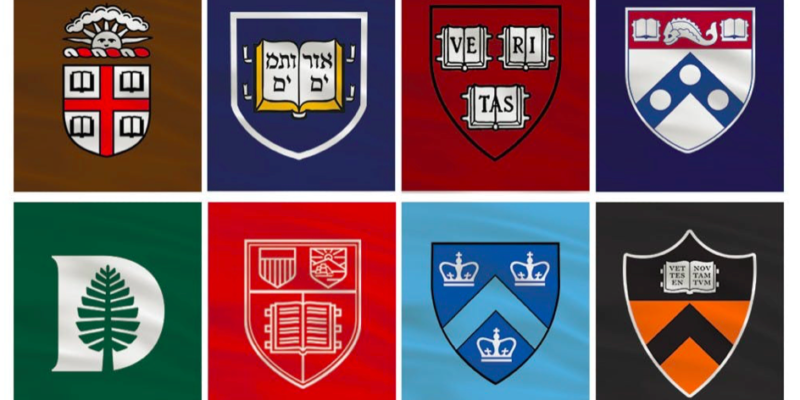
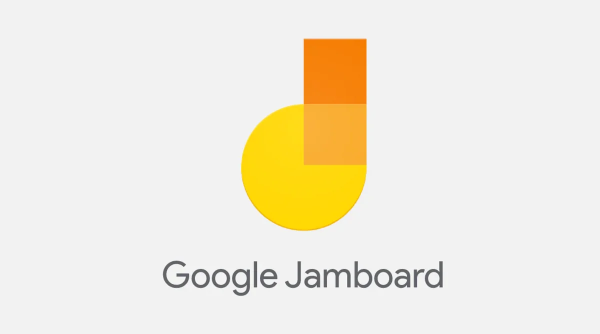
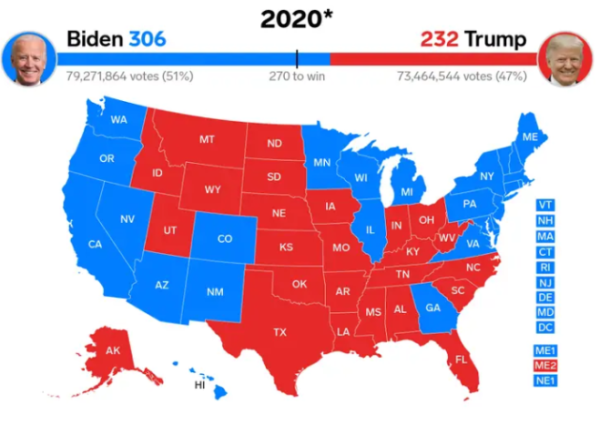
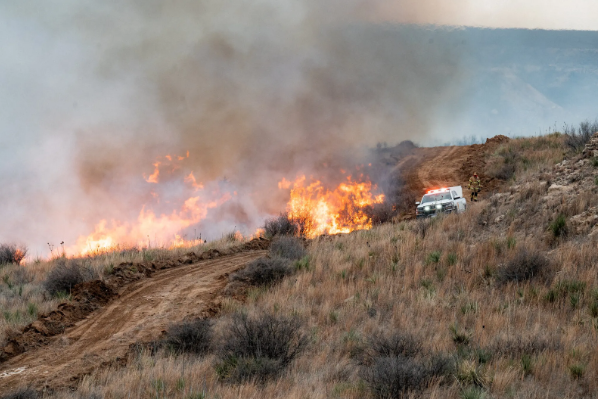
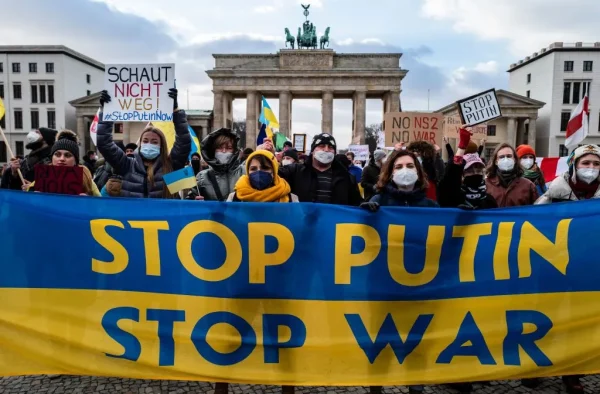
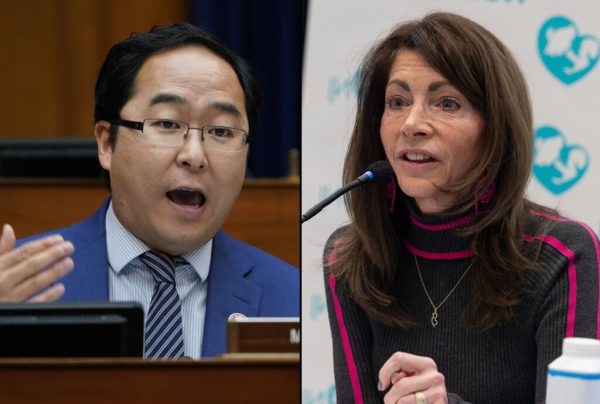


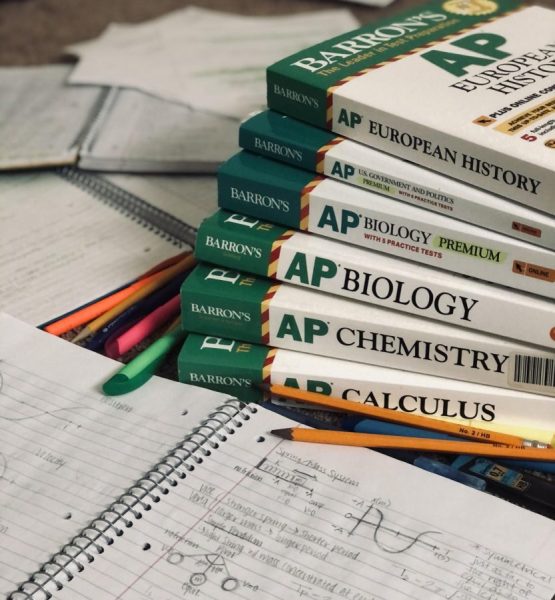
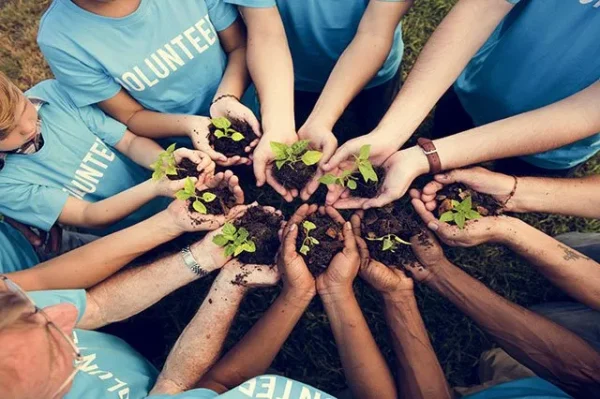
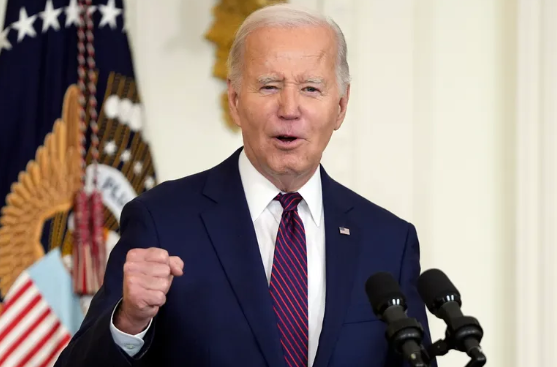
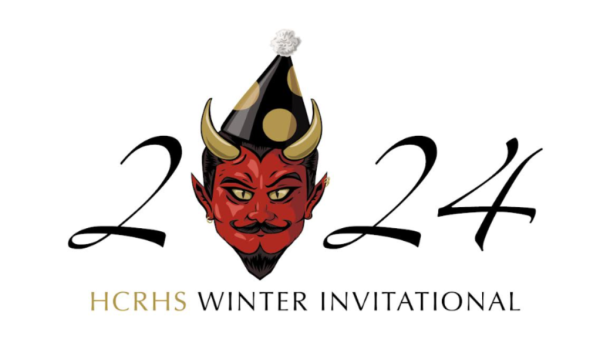
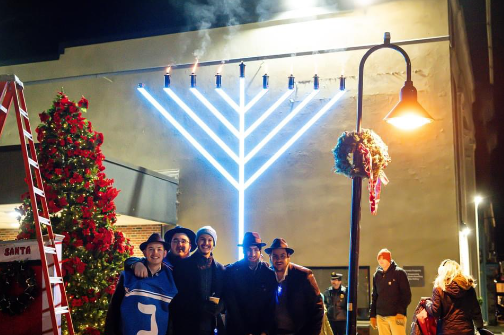
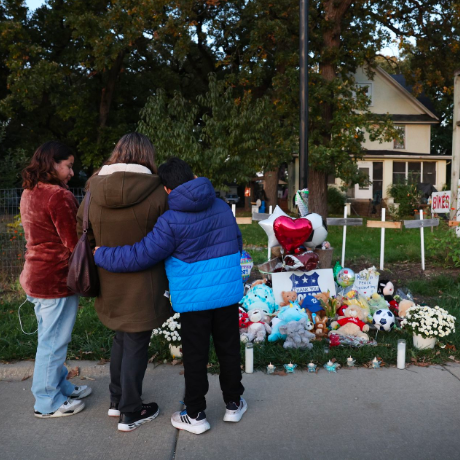
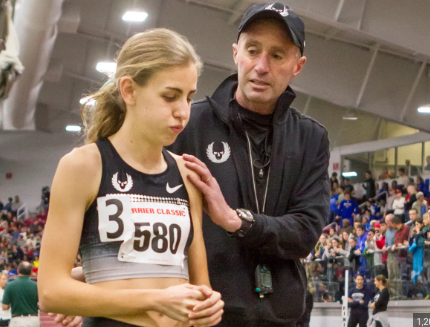

USB • Jun 9, 2022 at 12:05 PM
Nice job!!!